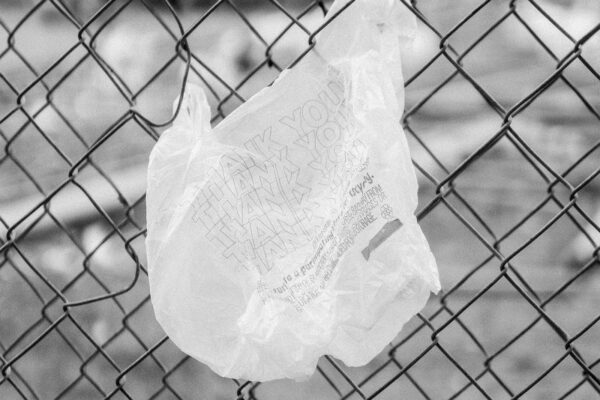Arlington County will begin imposing a 5-cent plastic bag tax on Jan. 1 of next year.
The Arlington County Board adopted the tax during its public hearing on Saturday — the same day that the Alexandria City Council enacted the tax as well. These votes come on the heels of Fairfax County, which adopted the tax last Tuesday.
Effective Jan. 1, 2022, all three jurisdictions will tax plastic bags from grocery stores, convenience shops and drugstores. The county said in a press release that it’s been working with Alexandria, Fairfax and a regional waste management board to make sure all three localities have similar outreach and education efforts and timelines for rolling out the tax.
“Arlington is proud to take this step to reduce plastic bag waste in our community and to do so with our regional partners,” said Arlington County Board Chair Matt de Ferranti said in a statement. “We have long sought the legal authority for this small fee as a way to protect our environment and become a more sustainable community. We look forward to working with residents and neighbors on implementation.”
Until Jan. 1, 2023, retailers can keep two of the five cents collected for each plastic bag. After that date, retailers and keep one cent per bag.
Revenue can be used to offset environmental cleanup, educational programs around reducing waste and mitigating pollution, or providing reusable bags to recipients of Supplemental Nutrition Assistance Program, or SNAP, and recipients of Women, Infants, and Children Program, known as WIC, benefits.
The county is considering distributing reusable bags at public facilities, the Department of Human Services, affordable housing complexes and farmers markets.
“This is not high-cost and it could be big-impact,” said Deputy County Manager Michelle Cowan.
The tax will not apply to restaurants, farmers markets, clothing stores, Virginia ABC stores and other alcoholic beverage retailers. Bags for wrapping meat, holding produce, protecting dry cleaning and packages of garbage and pet waste bags are also exempt.
“I don’t want to lose sight of what more the Commonwealth can do. It’s not just including the entities that are currently exempt from this go-round, but thinking about this more broadly,” County Board member Christian Dorsey said during the meeting. “Communities that have more successfully changed behavior, which is what this is ultimately getting at… ones that have been most effective have not just looked at plastics, they’ve looked at all bags at the point of sale.”


